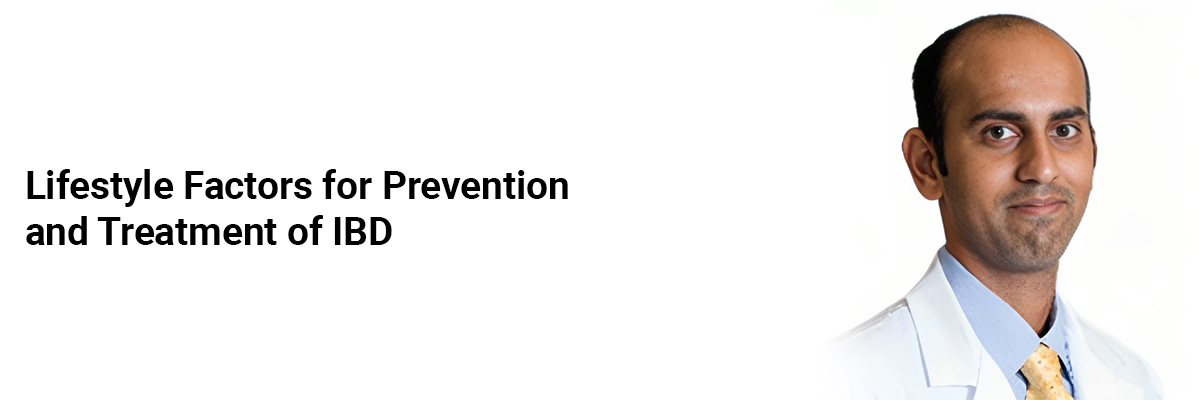
 IJCP Editorial Team
IJCP Editorial Team
lifestyle-factors-for-prevention-and-treatment-of-ibd
The environment has a modifying impact on every compartment relevant to infl ammatory bowel disease (IBD) pathogenesis. Exposures from birth shape disease risk; breastfeeding lowers the risk of both Crohn’s disease (CD) and ulcerative colitis (UC).
Antibiotic use increases IBD risk, especially for CD, with a stronger effect in infancy and pediatric-onset IBD. Current and former smoking heighten CD risk, while current smoking is linked to reduced UC risk; smoking cessation raises the risk of incident and relapsing UC.
Childhood and adult diets infl uence disease risk, encompassing both macro- and micronutrients.
Processing methods, emulsifiers and food additives may predispose to gut infl ammation. The Mediterranean diet reduces CD risk, while infl ammatory and high ultra-processed food consumption increases CD risk.
Stress and depressive symptoms correlate with incident IBD and potentially an increased risk of relapse. Psychotherapy interventions initially benefi t quality of life but lack sustained effects after therapy cessation, with no impact on disease activity.
Greater aerobic physical activity is associated with a reduced risk of UC and a lower risk of relapse. Reports suggest some benefi ts of low- to moderate-intensity exercise, though evidence is weak and benefi ts are inconsistent.

IJCP Editorial Team
Comprising seasoned professionals and experts from the medical field, the IJCP editorial team is dedicated to delivering timely and accurate content and thriving to provide attention-grabbing information for the readers. What sets them apart are their diverse expertise, spanning academia, research, and clinical practice, and their dedication to upholding the highest standards of quality and integrity. With a wealth of experience and a commitment to excellence, the IJCP editorial team strives to provide valuable perspectives, the latest trends, and in-depth analyses across various medical domains, all in a way that keeps you interested and engaged.



















Please login to comment on this article